
by Matt Herron |
Are you looking for a character sketch template that will make your character building easier and more fun?
Scrivener has an amazing character sketch tool that you can use to develop better characters.
In this article, you’ll learn how to sketch a fictional character and cast that will make you proud. Read on for a hands-on walkthrough of how to use Scrivener to create characters, from character profiles to their physical descriptions, and then some.
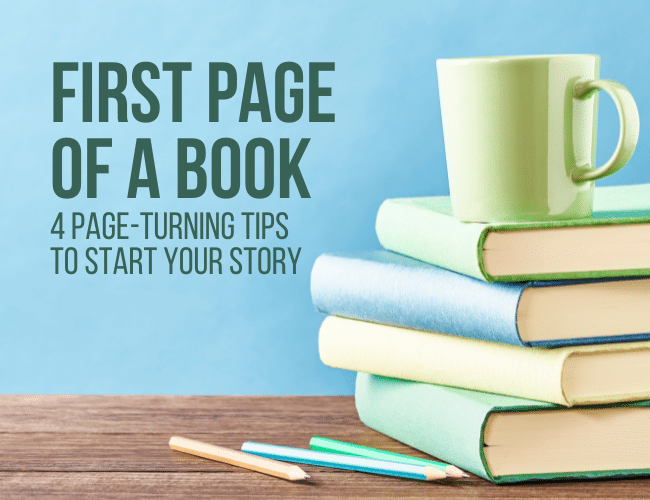
by Monica M. Clark |
I’ve changed the first page of my novel a lot. I can’t even tell you how many times. It happened because as I was writing, I followed a lot of writing blogs, attended a lot of author talks, and browsed a lot of guides that had a lot to say about how to write the first page of a book.
The thinking is that readers thumbing through books in the bookstore and agents alike make snap decisions based on those initial words.
And while it’s essential that the entire book is great, the reality is that the first page of your book sets the tone and expectation for the quality of writing for the rest of the book.
You need to make it good! Something that can uphold the excitement of your book idea and that would impress a publishing company.
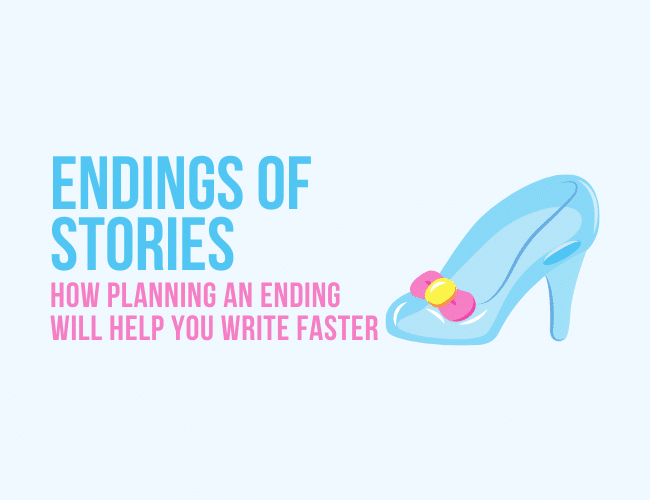
by J. D. Edwin |
Readers love the ending of stories, but do you feel like you don’t know how to write a really good ending?
It may seem a little odd to talk about story endings when you haven’t even started writing. Deciding on the type of ending you want, however, is an important part of planning a book.
You usually wouldn’t drive somewhere without a destination in mind. Knowing how your story ends will help you work out the important plot points in between, all the plot twists that eventually lead to that climatic moment.
But how exactly can you write a great ending before the story is even written? Let’s take a look at the essentials an ending must accomplish in order to write a satisfying ending to a great story.
Knowing these common types of endings, and how to decide what endings work best for your story, will bring your character arcs and story full circle.
This post shares writing tips to help you accomplish just that.
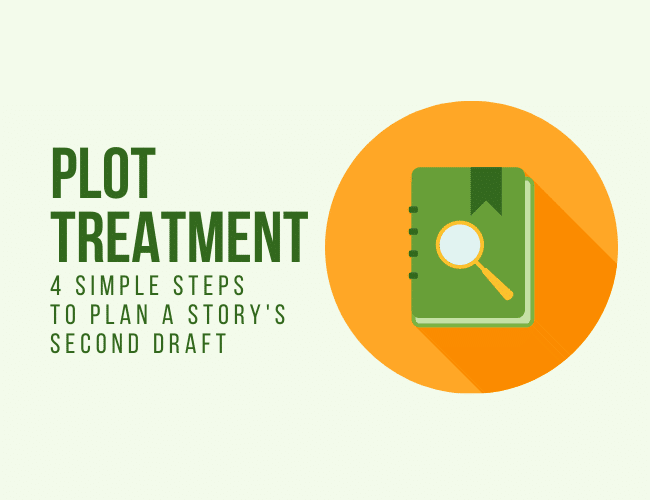
by J. D. Edwin |
First drafts are ugly, as they’re intended to be. Frankly, if your first draft isn’t full of run-on sentences, plot holes, and poorly developed characters, you might be doing something wrong. With the hardest part done, you turn to your second draft—but how do you write a second draft?
To start, you need to write a plot treatment.
The second draft is where your story really comes together. This is where you figure out everything that didn’t work in the first draft and fix it—or treat it. I like the word treat because it looks at the first draft as a patient—it’s not bad, it’s just unwell and needs you to play story doctor and make it better.
Thankfully, the process to improve your story and build a solid foundation for your second draft doesn’t have to be difficult. It can be done easily with a plot treatment.
In this article, you’ll learn what a plot treatment is, and why writing a plot treatment can help guide your second draft.
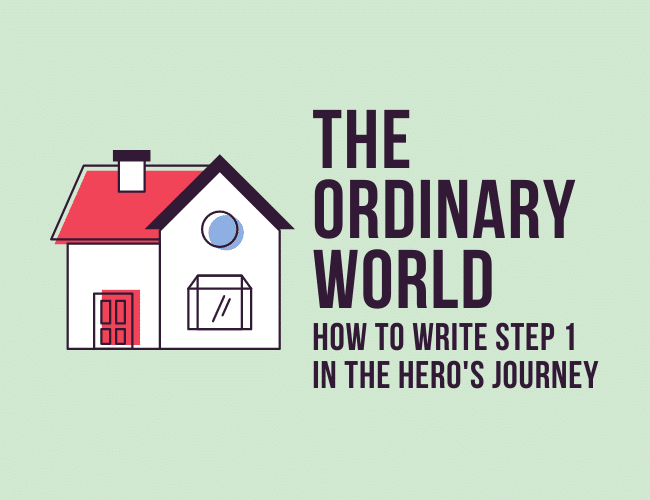
by David Safford |
Have you heard the story of the orphan boy living in the cupboard under the stairs?
Or perhaps the story of the girl in District 12 (the crappiest District) who would not only survive an unwinnable deathmatch, but become a symbol of liberty?
Maybe you’ve heard of the baby boy who was going to die in a mass genocide, but whose mother put him in a basket and sent him down the Nile River . . .
If you didn’t catch those, here they are in order: Harry Potter, Katniss Everdeen (The Hunger Games), and . . . Moses.
And all these stories follow the same classic story structure.
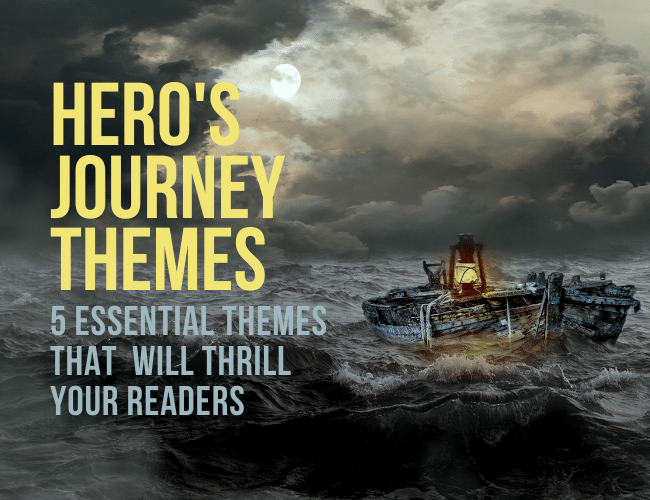
by David Safford |
They say opposites attract. That holds true, even in a Hero’s Journey story.
And while you may craft opposing characters who find themselves attracted to one another, you would be wise to study these universal relationships—also known as themes—that great stories have utilized for generations to the benefit of their readers.
Here are the five essential Hero’s Journey themes that will thrill your readers!








